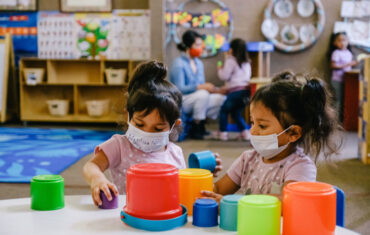In an attempt to slow down the spread of the novel coronavirus, an increasing number of countries have made wearing face masks mandatory in public spaces. Citizens may face a possible fine if caught without one.
Places that had low mask usage initially, but where adoption subsequently rose, had different experiences of the outbreak. Even U.S. President Donald Trump put one on after previously disparaging them. Several studies suggest masks help to limit the spread of tiny exhaled particles carrying the coronavirus.
In France and Spain
High reported usage in France, where people needed a self-signed permission form to leave home at the height of lockdown. And Spain, where reflects high death tolls, strict lockdowns and mandatory face masks policies in those countries.
In the U.S.
More than 70% of Americans report having worn face masks, according to YouGov. Meanwhile, restaurant and retail chains like Walmart Inc., McDonald’s Corp. and Starbucks Corp. are requiring them in their establishments.
In Germany
Germany saw adoption surge after introducing mask-wearing rules in April. There was a significant jump in Mexico after local governments mandated their use and gave out face masks free. Singapore’s level shot up to 90%, from around 23% in early March, after the government ceased discouraging residents from donning face coverings, distributed them free and made them compulsory with a fine for failing to comply.
In Asian nations
In China, Taiwan or Hong Kong, face masks were relatively common even before the coronavirus pandemic, which is credited to populations used to wearing coverings because of either pollution or previous experience with the SARS and H1N1 outbreaks.
Venezuela was among the first countries to impose the mandatory use of face masks in public back in March.
Vietnam made face masks compulsory for people to wear in public on March 16.
In some places, such as Denmark, Finland and Norway, that’s easy to understand. Their Covid-19 outbreaks have been relatively contained, with among the lowest death tolls in the world. So low face masks adoption doesn’t necessarily signal a policy failure.
All in all, face masks are gaining momentum as countries reopen their economies while battling a virus that’s still very much with us. Masks should ideally be free or widely distributed, government messaging should be clearer on where masks are required and why, and fines should be levied where necessary. Masks themselves should become more comfortable and fashionable to wear. Until we have a vaccine or effective treatment, all countries should be on their guard. Once the mask straps start to loosen, they may do so for good.






